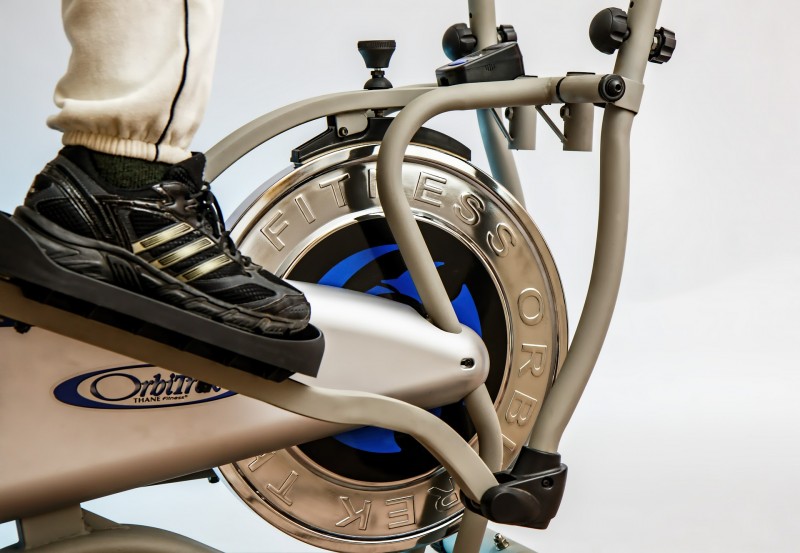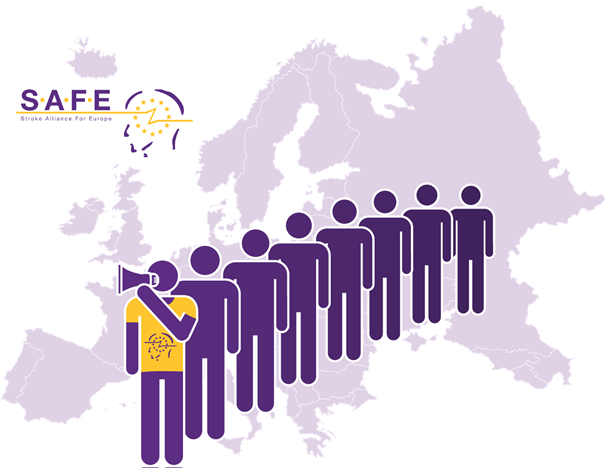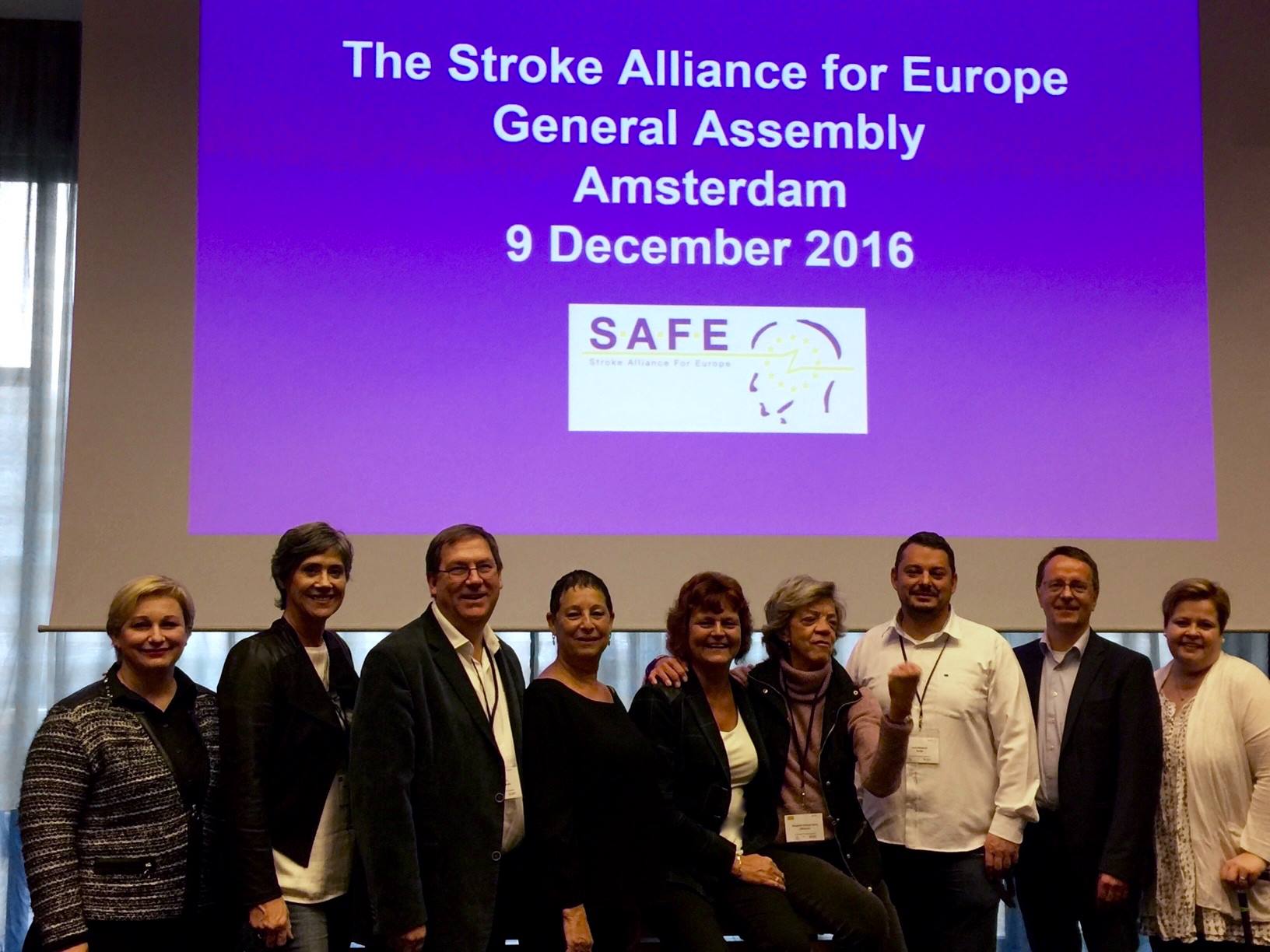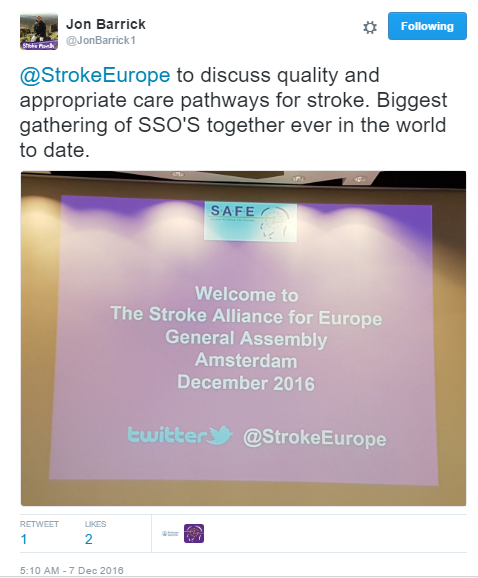
Dec 14, 2016
The after-effects of a stroke can be life changing. Paralysis, speech problems and memory loss occur in varying degrees of severity, depending on the location and amount of brain tissue damage. How far a stroke patient can recover is largely determined by the ability of the brain to reorganise itself. Understanding what can improve this ability is therefore essential in developing the best therapies for rehabilitation.
Voluntary physical exercise is known to have a positive effect on a person’s overall well-being. It delays memory loss in old age and improves cognitive ability. A new study, published in the open-access journal Frontiers in Aging Neuroscience, has linked the positive effects of exercise on the brains of mice to their better recovery after a stroke. (more…)

Dec 10, 2016
Published on: httpss://ncdalliance.org
A European regional meeting on ‘The European Response to Chronic Diseases – the role of civil society’, co-organised by the European Chronic Disease Alliance (ECDA) and the NCD Alliance and co-sponsored by the World Health Organization, is taking place in Brussels between the 12th and 13th December, 2016.
This event will convene Civil Society Organisations (CSOs) from across the region while serving to follow-up on the adoption of the 2016-2025 WHO European action plan for the prevention and control of NCDs. (more…)

Dec 10, 2016
During the year SAFE received applications for membership from organisations in Luxembourg, Georgia, Poland and Portugal. France AVC have also applied to rejoin SAFE.
At the General Assembly held on 9th December 2016 in Amsterdam, the following membership applications were accepted: Luxembourg, Portugal, Georgia and France. (more…)

Dec 10, 2016
At yesterday’s General Assembly, on 9th December 2016, SAFE delegates voted for the new board members.
As SAFE’s President Jon Barrick stressed out, much has changed for SAFE over the last 18 months, with a continually growing membership, more paid staff, a closer relationship with the ESO to proposed meetings with the EU Health Minister, and much more which was reported on at this year’s General Assembly held in Amsterdam.
During the SAFE board meetings this year, the board have discussed at length the requirements that are expected from SAFE into the future. (more…)

Dec 8, 2016
Amsterdam, 8th December 2016 – The Burden of Stroke is the main topic of this year’s Working Conference, with two days dedicated to analysis of the preliminary research findings around 12 indicators of care.
After a successful start yesterday, and a full day of discussion based on preliminary findings, SAFE delegates continue to work on recommendations on how to improve stroke prevention, acute & long-term care across 33 European countries.
This is just a start of an important journey which will culminate in second week of May 2017, the European Stroke Awareness Week, at the big launching event. (more…)









